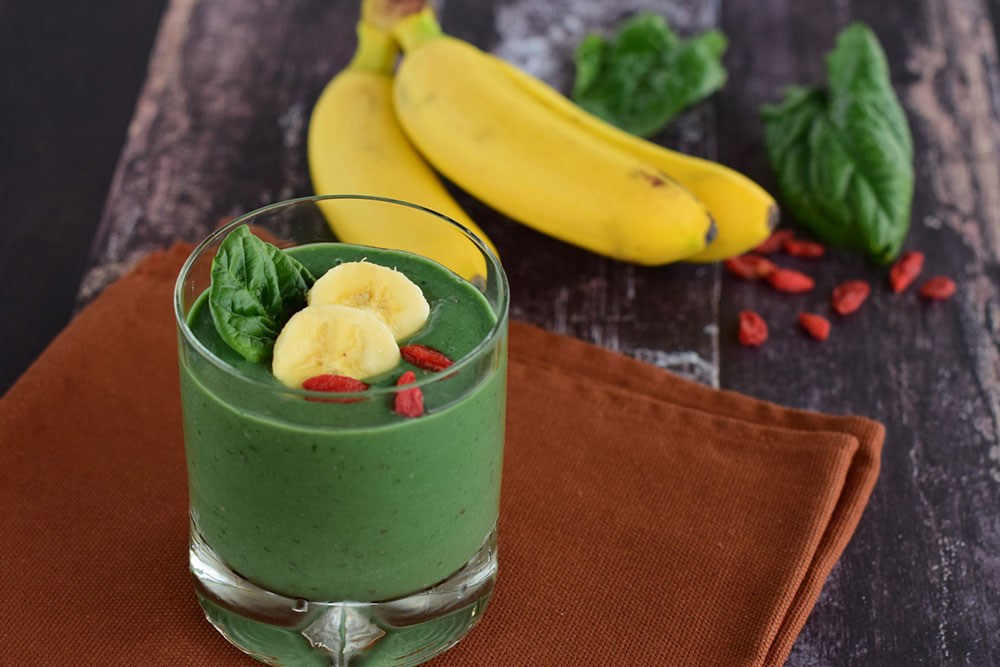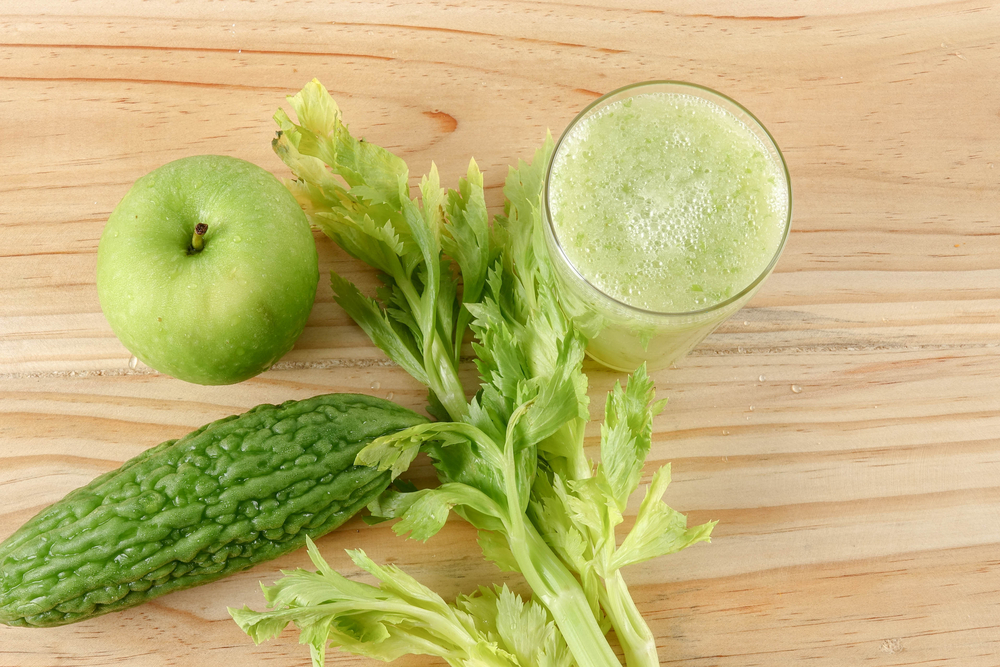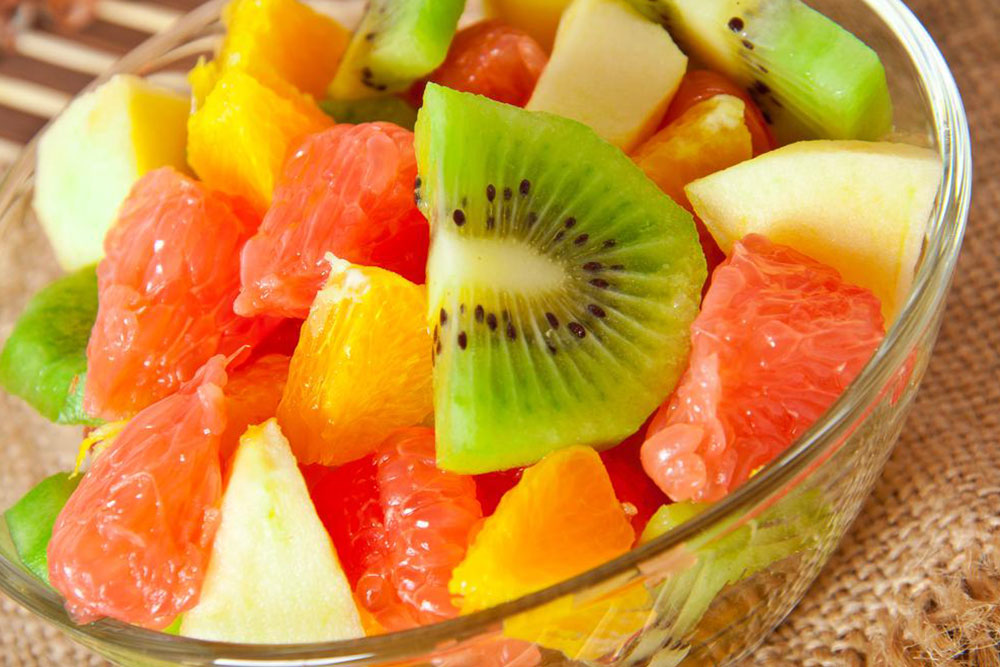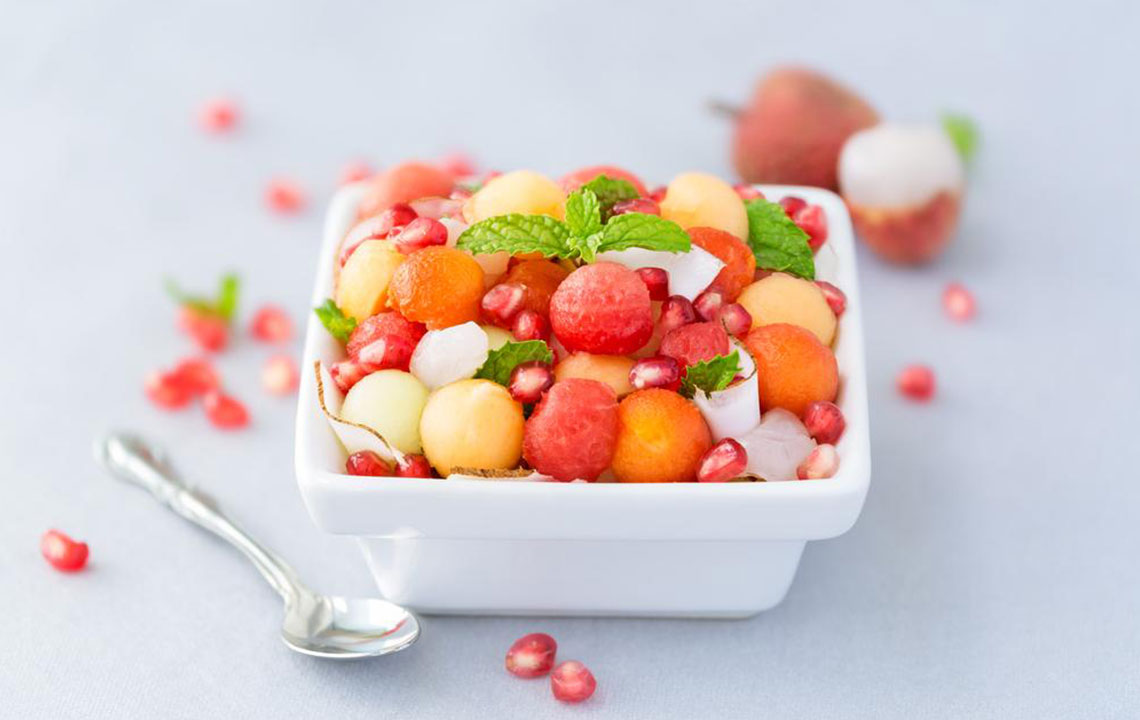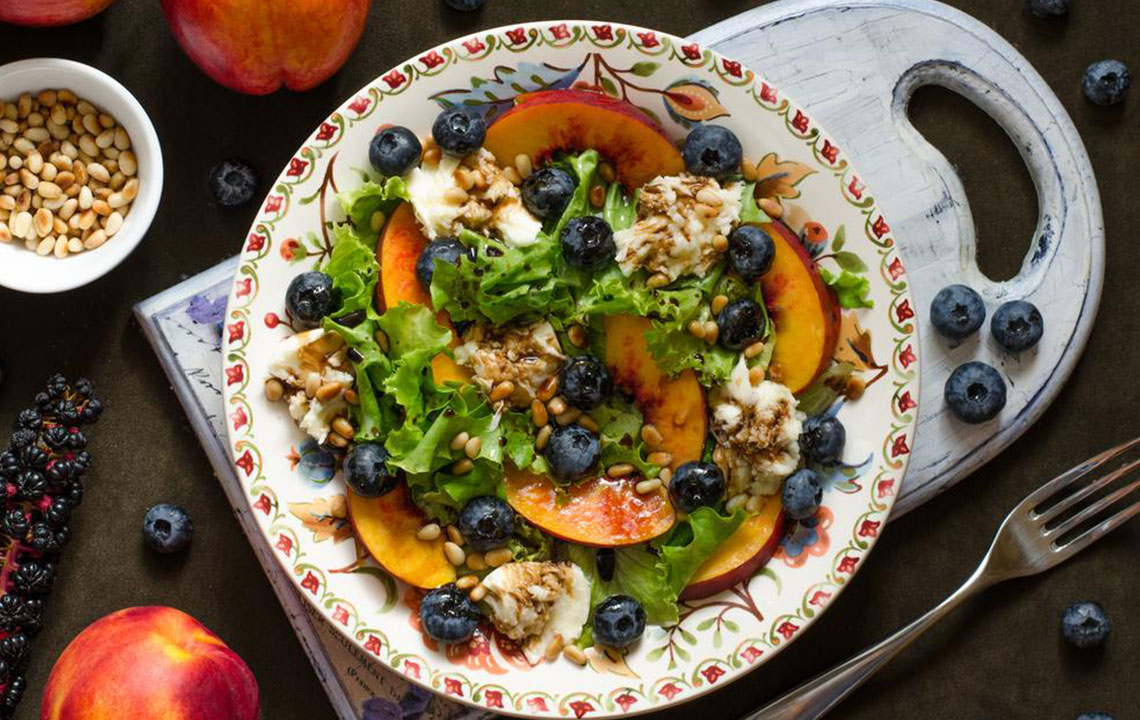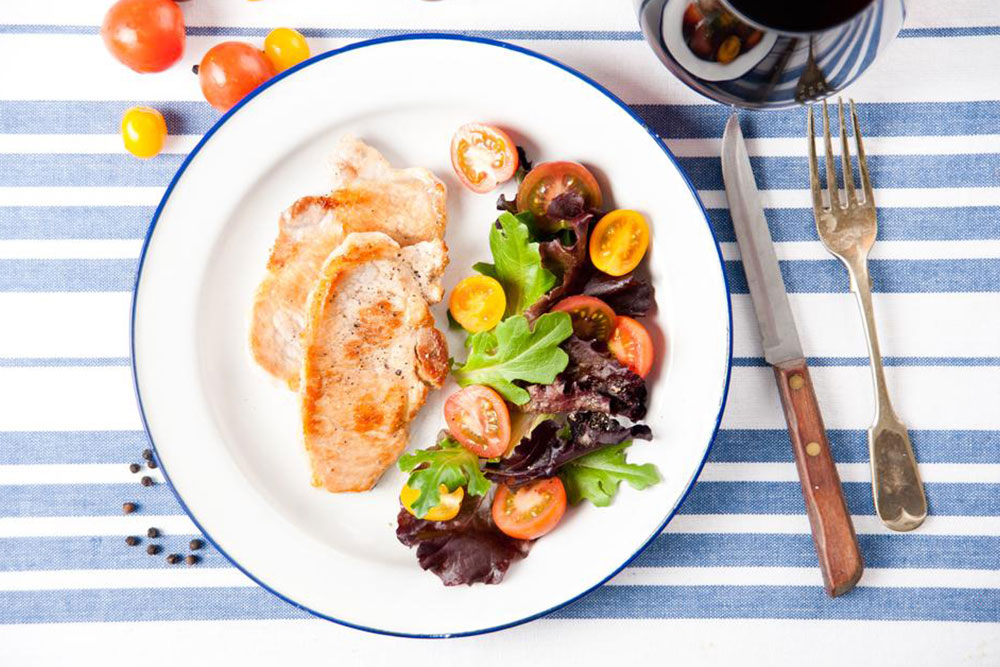Essential Dietary Guidelines to Manage Gout Effectively
Learn effective dietary strategies for managing gout, including foods to avoid and consume. This comprehensive guide emphasizes hydration, anti-inflammatory foods, and lifestyle changes to prevent flare-ups and joint damage. Work with your healthcare provider for personalized care to maintain optimal health and reduce gout symptoms effectively.
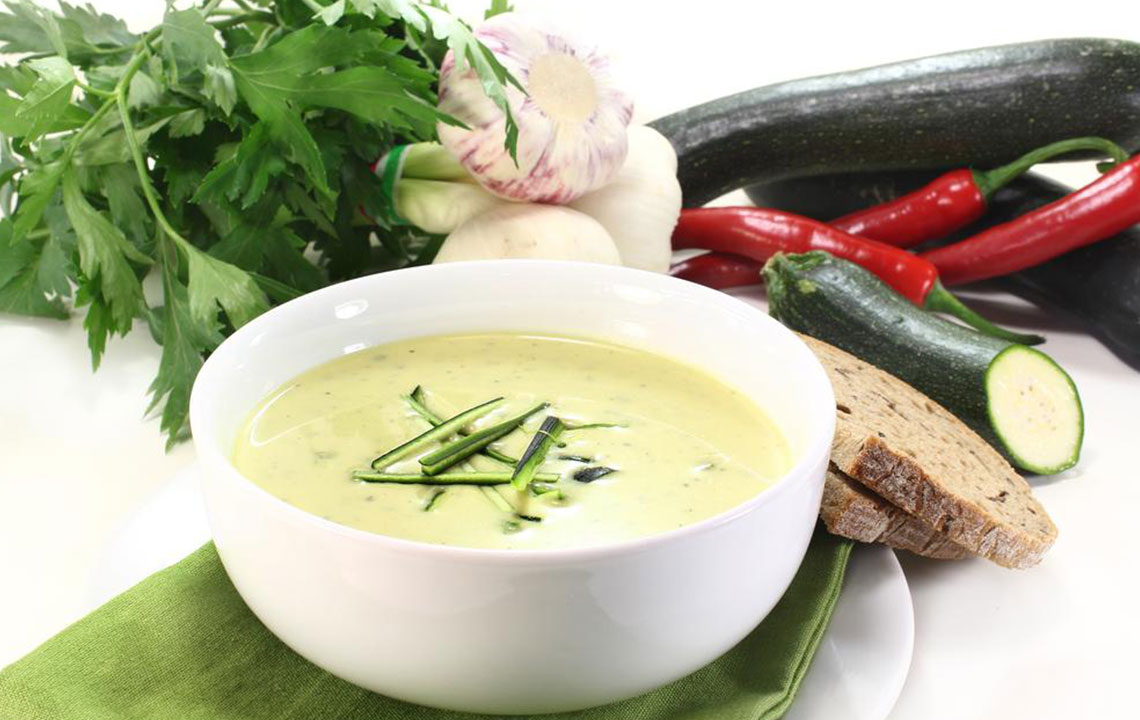
Key Foods to Include and Avoid for Gout Control
Understanding gout and effective management strategies
Gout is a type of arthritis caused by elevated uric acid levels in the bloodstream. When uric acid crystallizes around joints, it triggers sudden and severe pain, along with inflammation. Various factors like excessive alcohol intake, obesity, or impaired kidney function contribute to high uric acid. Managing these levels through diet can significantly reduce gout flare-ups. It's important to work with a healthcare professional for proper diagnosis and treatment before making dietary changes. Here’s a comprehensive guide to crafting an anti-gout eating plan.
Incorporating specific dietary habits can help lower uric acid levels and prevent attacks. An anti-gout diet provides quick relief and minimizes future flare-ups. Focus on limiting foods high in purine, staying well-hydrated, and selecting anti-inflammatory options. Remember, dietary adjustments should be part of a broader lifestyle change, including medical guidance, to prevent joint damage and kidney issues caused by uncontrolled gout. Follow these dietary tips consistently for optimal health benefits.
Foods to Limit or Avoid
Steer clear of foods with refined sugars such as sodas, processed snacks, candies, and baked goods, as they can elevate uric acid. Foods rich in purines—including red meats, organ meats, shellfish, mushrooms, spinach, peas, asparagus, and sardines—should be consumed in moderation due to their potential to worsen gout. Alcohol, especially beer and spirits, increases uric acid levels and should be avoided entirely. Fast food and processed meals should be replaced with homemade, wholesome dishes to control ingredient intake and improve health outcomes.
Stay Hydrated
Adequate hydration is vital for flushing out uric acid. Aim to drink at least eight glasses of water daily to support kidney function and prevent crystal formation.
Include Cherries in Your Diet
Studies suggest cherries contain antioxidants that can reduce uric acid and lower gout attack frequency. Organic cherry products are preferable for maximum benefit.
Opt for Low-Fat Dairy Products
Skimmed milk, yogurt, and other low-fat dairy options help regulate uric acid levels while providing essential proteins.
Emphasize Whole Grains and Vegetables
Foods like potatoes, brown rice, oats, quinoa, and barley contain minimal purines. Incorporate vegetables such as broccoli, Brussels sprouts, and lima beans to ensure a nutrient-rich, gout-friendly diet.
Eat Fruit Varieties
Besides cherries, include strawberries, oranges, apples, bananas, pineapples, and melons. Fruits are packed with vitamins and antioxidants that support detoxification and cellular nourishment.
Drink Coffee Wisely
Coffee contains chlorogenic acid, which may help decrease gout episodes. Be cautious with sugar and additive use—consume black or with low-fat dairy additions after consulting your doctor.
Adopting an anti-gout diet is not temporary but a sustainable lifestyle change. Proper management can prevent joint deterioration and kidney complications. Seek medical advice, stay consistent with your dietary habits, and maintain a healthy routine to keep gout under control.

